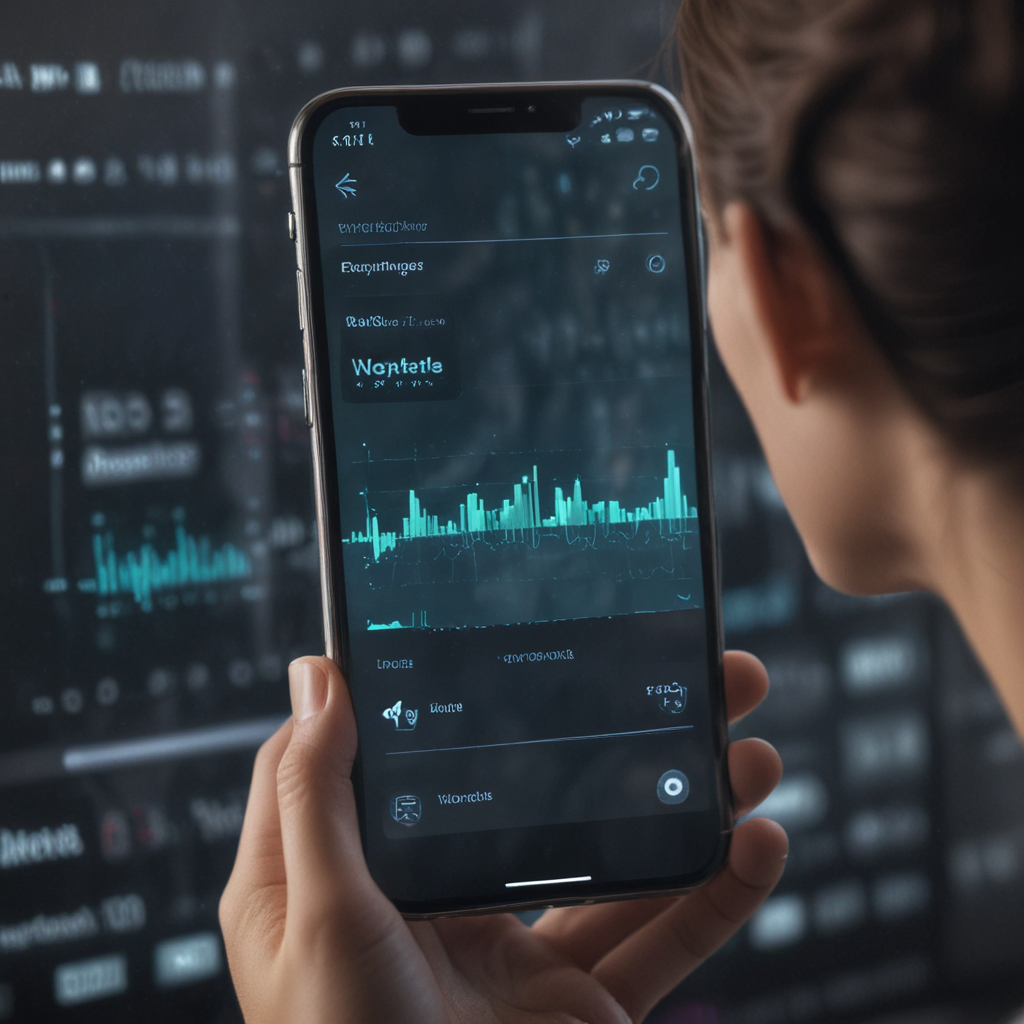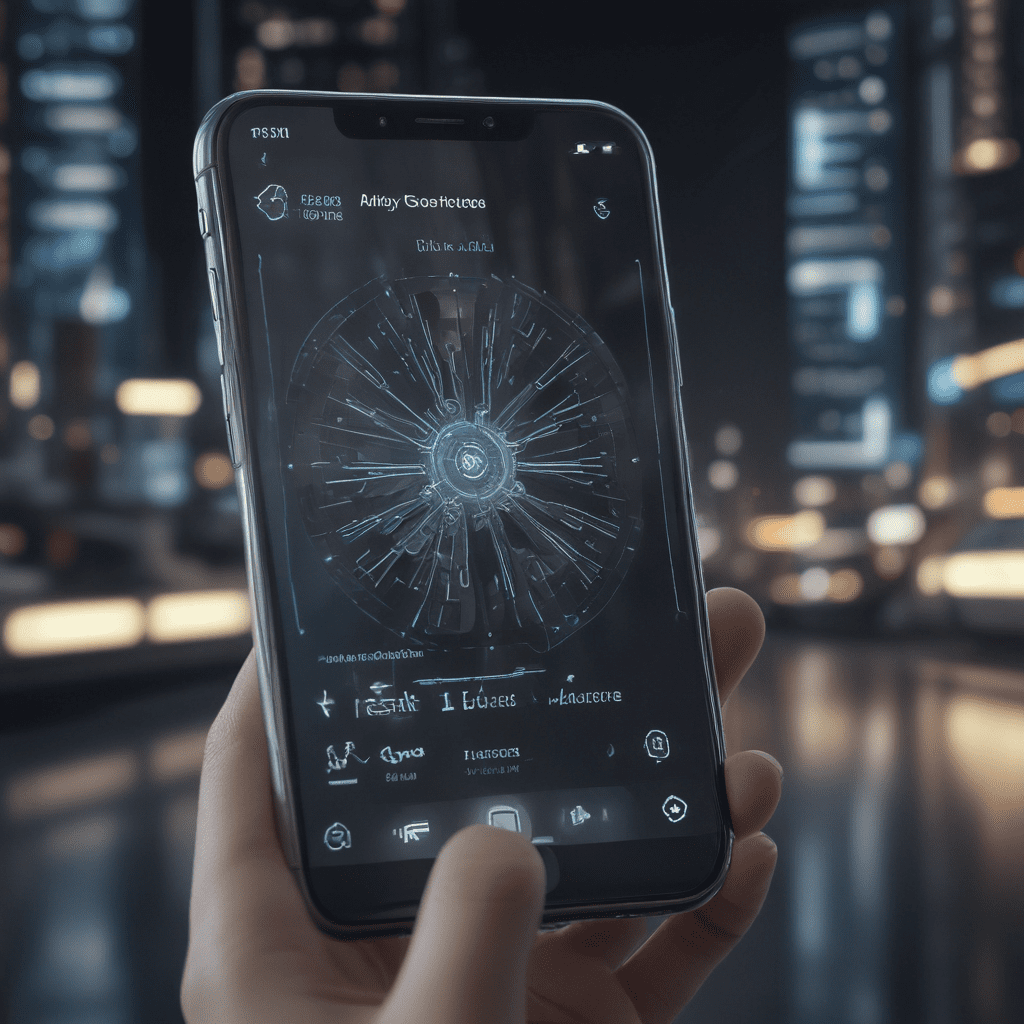Introduction
The advent of voice recognition technology has revolutionized the way we interact with technology. In the realm of mobile applications, the integration of voice recognition has opened up new frontiers of convenience, accessibility, and user experience. This article delves into the profound impact of voice recognition technology on mobile apps, exploring its multifaceted benefits and implications.
Overview of Voice Recognition Technology
Voice recognition, also known as automatic speech recognition (ASR), is the capability of a computer system to interpret and convert spoken words into digital data. This technology utilizes sophisticated algorithms and machine learning techniques to process and analyze speech patterns, extracting meaningful information. Through advancements in artificial intelligence and neural networks, voice recognition systems have achieved impressive accuracy and efficiency, enabling seamless and intuitive interactions between users and devices.
Integration of Voice Recognition in Mobile Apps
The integration of voice recognition into mobile apps has unleashed a myriad of possibilities. By incorporating this technology, developers can enhance the usability, convenience, and accessibility of their apps. Users can now seamlessly interact with their devices, perform tasks hands-free, and access information or services more efficiently through spoken commands or natural language queries.
Enhanced User Experience
Voice recognition technology significantly enhances the user experience of mobile apps by making them more intuitive, convenient, and pleasurable to use. By eliminating the need for manual typing or tapping, voice recognition offers a faster, easier, and more effortless way to interact with apps. This user-friendly design enables seamless navigation, quick access to features, and effortless information retrieval, elevating the overall user experience.
Automation and Hands-Free Control
Voice recognition enables mobile apps to automate tasks and provide hands-free control for users. By issuing spoken commands, users can effortlessly trigger specific app functions, set reminders and appointments, or even control smart home devices seamlessly. This automation feature enhances productivity, liberates users from tedious tasks, and offers a convenient way to manage their digital lives.
Personalization and Customization
Voice recognition fosters personalization and customization in mobile apps. By analyzing user speech patterns, intonation, and vocal characteristics, apps can tailor their interfaces, recommendations, and content to each individual user's preferences. This personalization enhances the user experience by delivering highly relevant and contextualized information or services that align with their specific needs and interests.
Security and Privacy Considerations
While voice recognition offers numerous benefits, it also raises important security and privacy concerns. Capturing and processing voice data requires careful handling and robust security measures to protect user privacy and prevent unauthorized access or misuse. Encryption, data anonymization, and secure authentication mechanisms must be implemented to ensure the confidentiality and integrity of sensitive voice data.
Emerging Trends and Advancements
The field of voice recognition is rapidly evolving, with continuous advancements in technology and applications. The integration of natural language processing (NLP) and artificial intelligence (AI) is enabling conversational and contextual interactions between users and apps, leading to more sophisticated and personalized experiences. Emerging trends include continuous listening, multi-modal interaction, and emotion recognition, further revolutionizing the way we interact with mobile devices.
Conclusion
Voice recognition technology has emerged as a transformative force in the mobile app landscape. By enabling intuitive, hands-free, and personalized interactions, voice recognition enhances the user experience, increases accessibility, automates tasks, and fosters security and privacy. As technology continues to advance, voice recognition is poised to shape the future of mobile apps, empowering users with greater control, convenience, and contextualized experiences.
FAQ
1. How does voice recognition technology work?
Voice recognition technology utilizes sophisticated algorithms and machine learning techniques to process and analyze speech patterns, extracting meaningful information from spoken words.
2. What are the benefits of voice recognition in mobile apps?
Voice recognition enhances user experience, increases accessibility, enables hands-free control, fosters personalization, and automates tasks.
3. Are there any security or privacy concerns with voice recognition?
Yes, capturing and processing voice data requires careful handling and robust security measures to protect user privacy and prevent unauthorized access or misuse.
4. What are the emerging trends in voice recognition technology?
Emerging trends include natural language processing (NLP), artificial intelligence (AI), continuous listening, multi-modal interaction, and emotion recognition.
5. How will voice recognition shape the future of mobile apps?
Voice recognition will continue to transform mobile apps, offering more sophisticated interactions, contextualized experiences, and seamless device control, empowering users with greater convenience and personalization.



